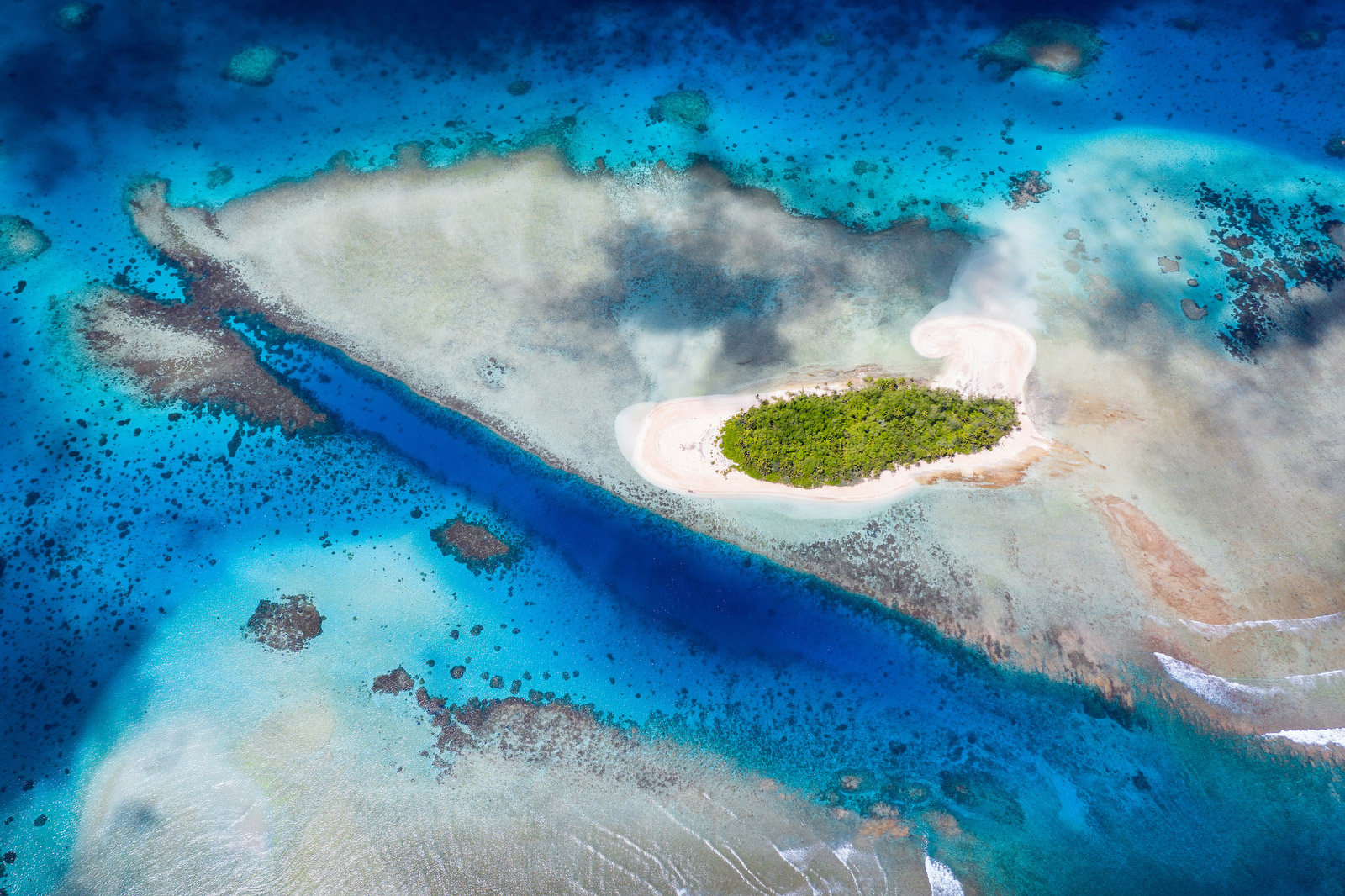Halfway between Australia and Hawaii rest the nine islands of Tuvalu, an independent nation within the British Commonwealth. Theories regarding early Pacific migration suggest eight of the nine have been inhabited for thousands of years, but just a few are about to change that.
Tuvalu is sinking.
The 11,200 people calling the islands home are on the frontline of climate change. Two of the islands have already succumbed to the rising sea level and coastal erosion. Past climate models have given the nation 50-100 years until it becomes inhabitable, but new data threatens to shrink their window.
“The sea is eating all the sand,” said Leitu Frank, an island native, in an interview with The Guardian. “Before, the sand used to stretch out far, and when we swam we could see the sea floor, and the coral. Now, it is cloudy all the time, and the coral is dead.” Frank is one of many residents that share frequent nightmares of being swallowed up by the sea for good.
But, as the headline suggests: we’re making progress.
On November 9th, Tuvalu and Australia signed a landmark treaty called the Falepili Union. It is the world’s first climate resettlement agreement that arrives in a moment of dire need. The treaty will provide a “human mobility” pathway that’ll allow citizens of Tuvalu to re-home in Australia where they will be granted full access to Australian education, healthcare, and family support upon arrival. Though resettlement will be offered to all citizens, a quota of 280 will be allowed to migrate each year avoiding a potential labor shortage back on the islands.
In addition, the treaty honors that “the statehood and sovereignty of Tuvalu will continue, and the rights and duties inherent thereto will be maintained, notwithstanding the impact of climate change-related sea-level rise.” Maybe the most significant inclusion in the deal, this will ensure the nation’s proliferation upon a new continent. However, with it could arise serious political disputes between the state and the “state-in-context”.
Already, opposition leaders in Tuvalu have expressed their distaste for the Falepili Union treaty. In his new run for power, former Prime Minister Enele Sopoaga promises to “throw it away” if chosen to lead the government in their January election.
He, along with many others, worry that Australia will not be held accountable on their end of the deal, utilizing Tuvalu for political advantage instead. In return for the new land, Australia will essentially control Tuvalu’s foreign security arrangements. Without provisions for situations like this in International Law, there’s no third-party to dictate how Goliath’s torment of David.
It is ironic, Australia acting to save Tuvalu when its booming coal industry has been killing the people for years. If anything, this treaty should serve as a major wake-up call for the rest of the world as climate change threatens everyone’s way of life. Still, this radical new deal promises to preserve the rich cultural history of the losing nation and hopefully inspire similar agreements in the future. It’s a step for Tuvalu residents towards safety, and a step for the world towards combating the impending giant.

















